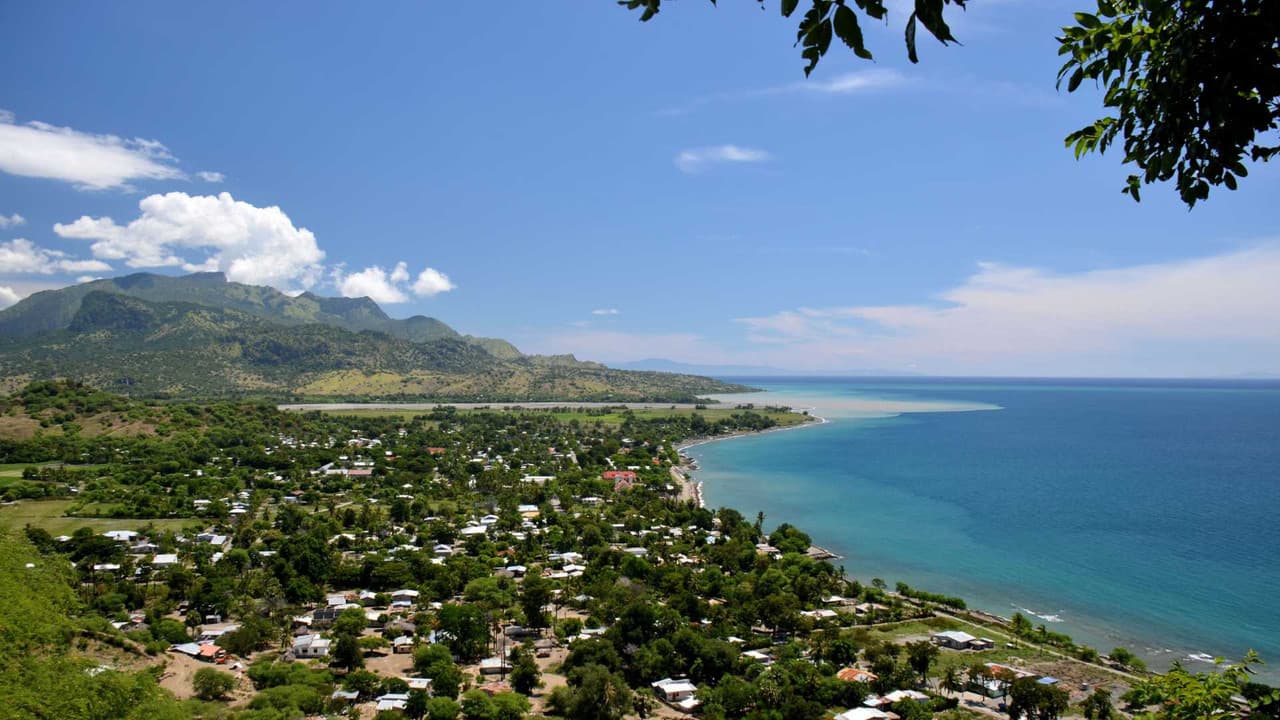Understanding working time regulations in Timor-Leste is crucial for employers to ensure compliance and maintain fair labor practices. The country's labor laws establish clear guidelines regarding standard working hours, overtime, rest periods, and employer obligations for recording time. Adhering to these rules is essential for operational efficiency and legal compliance when employing staff in Timor-Leste.
These regulations aim to protect employee well-being by setting limits on working duration and ensuring adequate rest. Employers operating in Timor-Leste must navigate these requirements carefully, whether they are establishing a local entity or utilizing an Employer of Record service to manage their workforce compliantly.
Standard Working Hours and Workweek
The standard working time in Timor-Leste is generally set by labor law. This framework defines the maximum number of hours an employee can work per day and per week under a standard contract, before overtime considerations apply.
- Maximum Standard Daily Hours: Typically 8 hours per day.
- Maximum Standard Weekly Hours: Typically 44 hours per week.
The standard workweek usually spans six days, from Monday to Saturday. Any hours worked beyond the standard daily or weekly limits are considered overtime and are subject to specific regulations and compensation rates.
Overtime Regulations and Compensation
Working hours that exceed the standard limits are classified as overtime. Timor-Leste labor law regulates the conditions under which overtime can be requested or required, as well as the compensation employees must receive for working these additional hours.
- Overtime should generally be voluntary, though exceptions may exist for urgent or essential work.
- There are limits on the maximum amount of overtime an employee can work within a given period (e.g., daily, weekly, or annually).
Compensation for overtime is typically paid at a premium rate above the employee's standard hourly wage. The specific rates vary depending on when the overtime is worked.
| Time of Overtime Work | Minimum Overtime Rate (as % of standard hourly wage) |
|---|---|
| Weekdays | 150% |
| Weekends | 200% |
| Public Holidays | 200% |
| Night Work (Overtime) | Higher rates may apply, often combined with night shift premium |
Employers must accurately calculate and pay overtime compensation according to these minimum rates.
Rest Periods and Break Entitlements
Ensuring employees receive adequate rest is a key component of Timor-Leste's labor regulations. This includes daily breaks during the workday and mandatory rest periods between working days and weeks.
- Daily Break: Employees are generally entitled to a break during their workday, typically for meals and rest. The duration and timing may depend on the total hours worked in a day. For an 8-hour workday, a break of at least one hour is common.
- Daily Rest Period: A minimum continuous rest period must be provided between the end of one working day and the start of the next. This period is typically at least 11 consecutive hours.
- Weekly Rest Period: Employees are entitled to a minimum continuous weekly rest period. This is usually at least 24 consecutive hours, typically granted on Sunday, though alternative arrangements may be possible under specific conditions or collective agreements.
These rest periods are mandatory and cannot generally be waived or compensated financially.
Night Shift and Weekend Work Regulations
Specific rules apply to work performed during night hours or on weekends, even if it falls within standard weekly hours (though weekend work often involves overtime).
- Night Work: Work performed during defined night hours (e.g., between 8 PM and 6 AM) may be subject to specific regulations, including potential limitations on duration and entitlement to a night shift premium in addition to the standard wage.
- Weekend Work: While Saturday may be part of the standard workweek, Sunday is typically the designated weekly rest day. Work performed on Sunday is usually considered overtime and compensated at a higher rate (200%).
Employers must consider the health and safety implications of night and weekend work and comply with any specific legal requirements related to these work patterns.
Working Time Recording Obligations
Employers in Timor-Leste have a legal obligation to maintain accurate records of their employees' working time. This is essential for demonstrating compliance with standard hour limits, overtime regulations, and rest period entitlements.
- Employers must keep records of hours worked by each employee, including start and end times, as well as any overtime hours.
- These records should be accessible for inspection by relevant labor authorities.
- Accurate time recording helps ensure correct calculation of wages, including overtime pay.
Maintaining diligent records is a fundamental requirement for all employers operating in Timor-Leste and is key to avoiding potential disputes or penalties related to working time compliance.
Employ top talent in Timor-Leste through our Employer of Record service
Book a call with our EOR experts to learn more about how we can help you in Timor-Leste







Book a call with our EOR experts to learn more about how we can help you in Timor-Leste.
Trusted by more than 1000 companies around the globe



